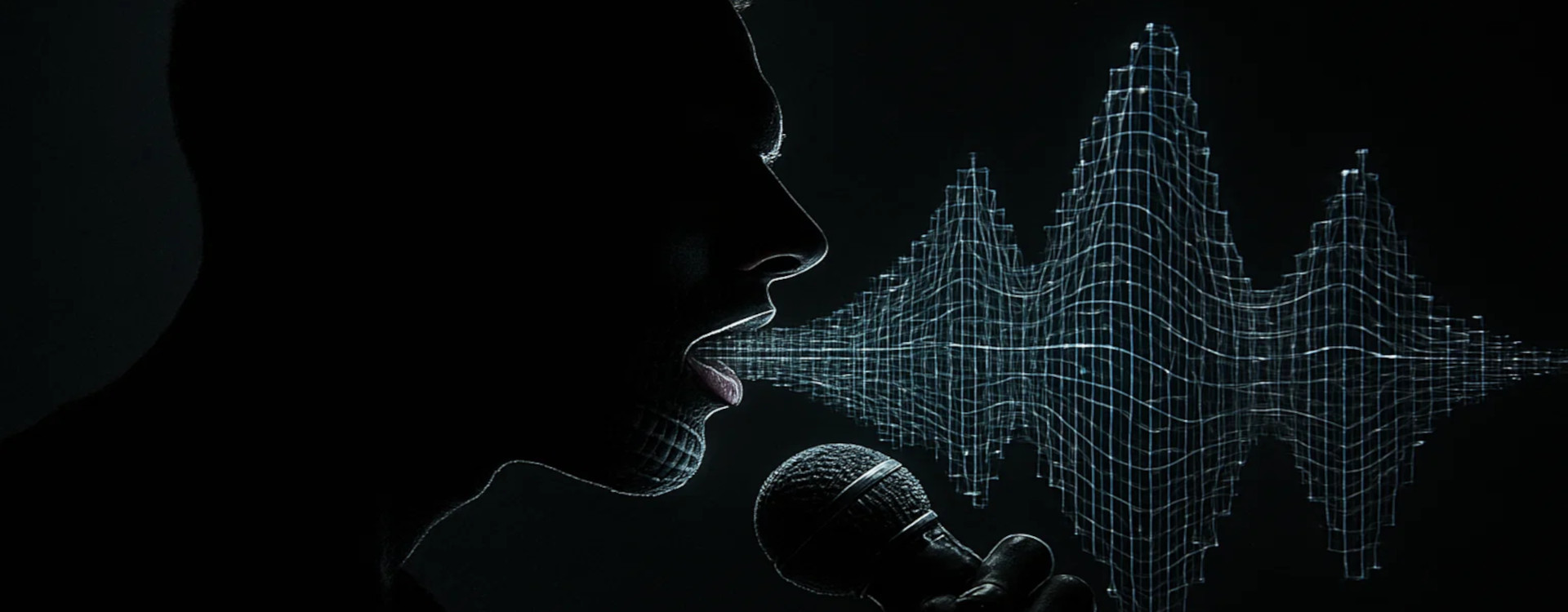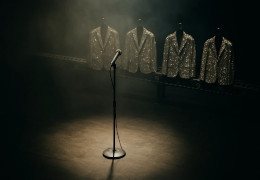Search in blog
Blog categories
Latest posts
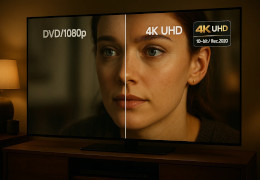
Craving sharper images, richer colours and room-filling sound? This guide truly separates DVD, 1080p, 4K and 4K UHD...
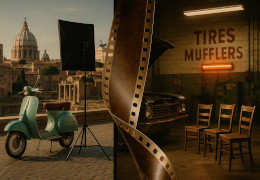
Once parallel, now divergent: Woody Allen has turned his signature voice into calligraphy, repeating ever more...
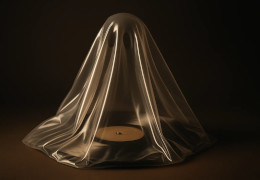
Titles officially “in catalog,” zero stock, no repress date: the paradox of vinyl in 2020–2025. Is transparency...

Endless credits have become the norm: eight, ten, even twelve names for a single track. Yet no one would accept a...

Born in 1985 and revived in the mid-’90s with Clapton: origins, writing, arrangement, reception and trivia—your...
Popular posts

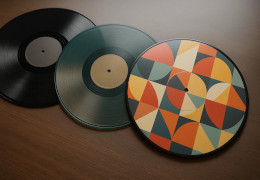
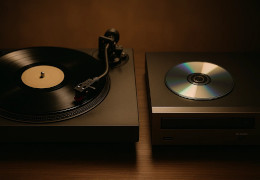
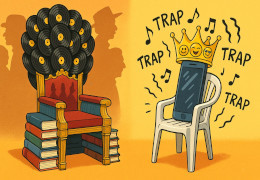
Featured posts





Photo gallery
No featured images
Archived posts
Top authors
-
 Solco Matto 11 Posts View posts
Solco Matto 11 Posts View posts -

-


